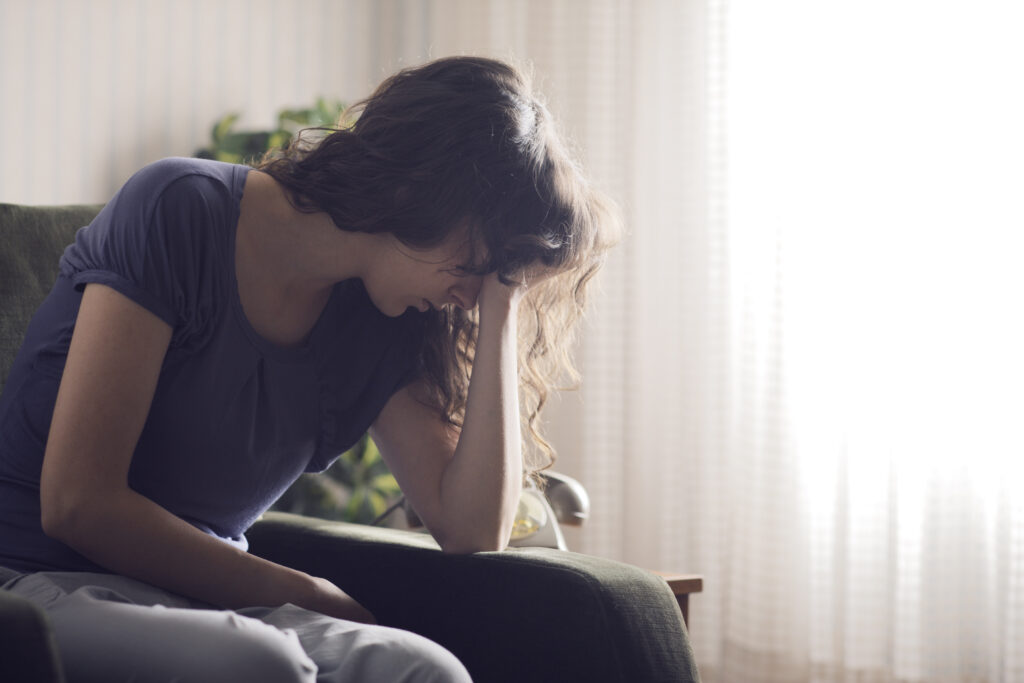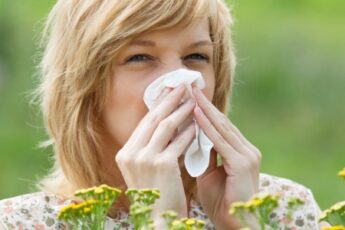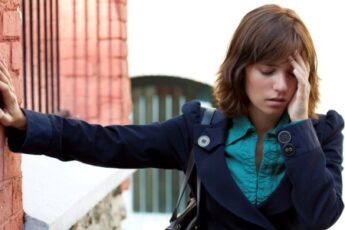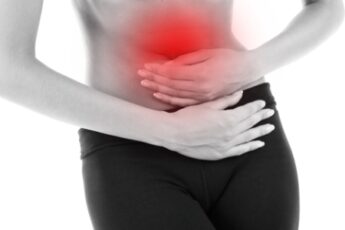
The ancient Chinese practice of acupuncture could be used to treat anxiety and depression instead of drugs, says health features editor Laura Milne.
IT IS best known as a treatment for controlling our aches and pains but few of us know that acupuncture can also be used to treat anxiety and depression.
New research by the British Acupuncture Council and the charity Anxiety UK, revealed that only 10 per cent of sufferers use acupuncture to deal with their anxiety, whereas almost half (49.2 per cent) are prescribed medication.
Almost all participants of the study (93.8 per cent), commissioned to mark World Mental Health Day on Thursday, said they would be open to trying a complementary therapy but nearly two thirds (62.7 per cent) were not even aware that acupuncture could help their condition.
Anxiety UK believes this could be down to a lack of understanding of the condition, cost of treatments as well as problems accessing therapies, especially complementary therapies.
Nick Pahl of the British Acupuncture Council says: “As traditional acupuncture can be enormously beneficial for anxiety, we felt it was important to better inform those suffering with the condition about how acupuncture can help so they can make an educated decision regarding their treatment.”
Nicky Lidbetter of Anxiety UK says: “Some members find complementary therapies, including acupuncture, helpful in the management of their anxiety condition.”
Acupuncture originated in China and has been in use for more than 2,000 years and practitioners claim that by inserting tiny needles into specific areas of the skin, they can affect the meridians – or channels of pain – that run up and down the body, blocking pain.
Previous research has shown that acupuncture can help ease anxiety by acting on areas of the brain known to reduce sensitivity to pain and stress, as well as promoting relaxation and deactivating the ‘analytical’ brain, which is responsible for anxiety and worry.
The acupuncture practitioners questioned for the study said the most common form of anxiety they treat is depression (94.9 per cent) closely followed by panic attacks (86.1 per cent) with Seasonal Affective Disorder (SAD) not far behind (50.6 per cent).
Nearly two-thirds of practitioners said their patients see them instead of previous coping methods and that a significant 87.3 per cent of patients have previously tried medication.
The study also suggests that over two thirds of the UK’s estimated three million anxiety sufferers fail to seek treatment for their condition, admitting that they just ‘try and get on with things’, even though half of sufferers stated that the condition affects their career and relationships.
Experts have always disagreed about the benefits of acupuncture, even though there are currently 15,000 doctors and physiotherapists delivering it on the NHS. The National Institute for Clinical Excellence (NICE) reccommends it for back pain and arthritis. Patients can have it on the NHS if their doctor prescribes it.






Leave a Comment